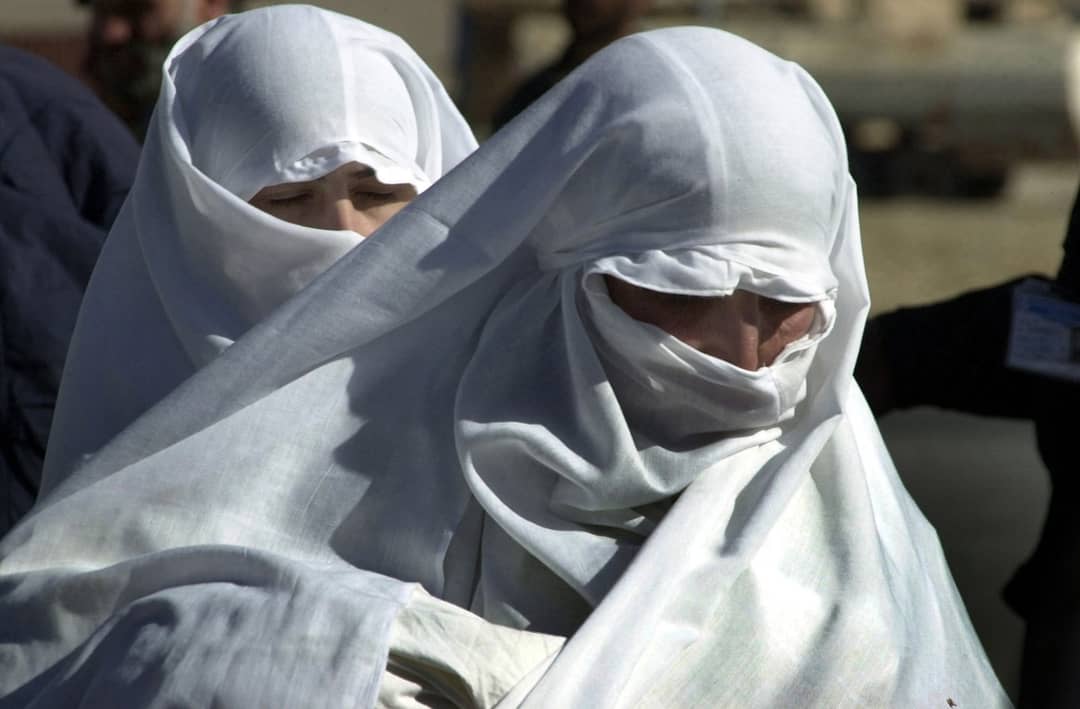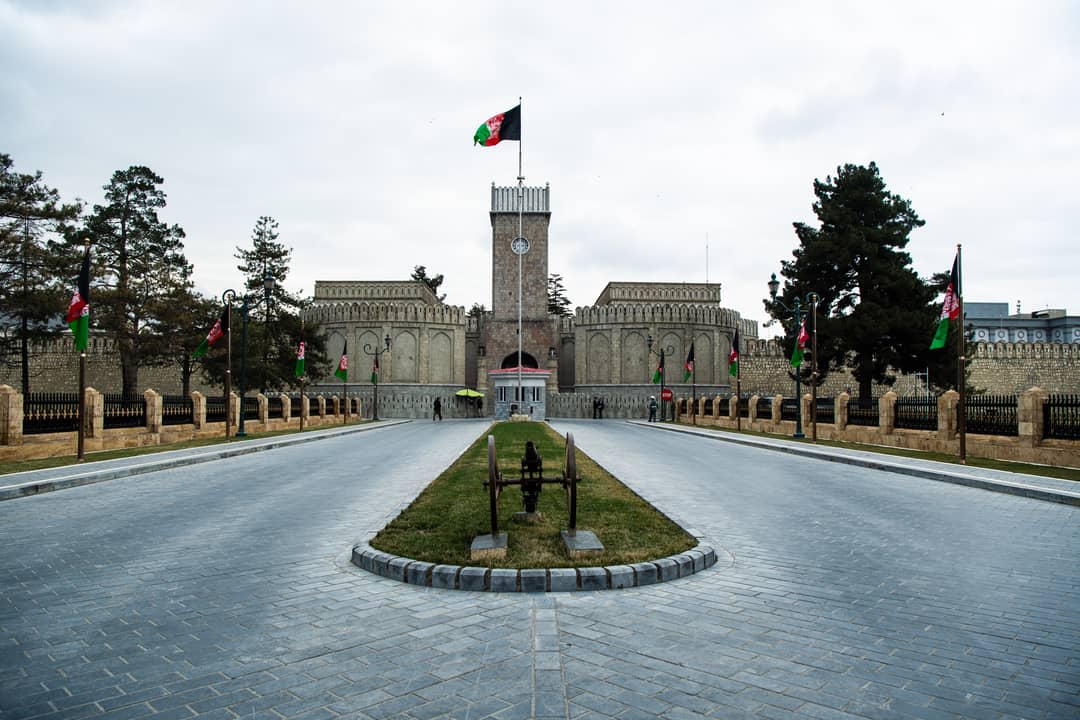
In the past weeks, we’ve watched as the Taliban has moved with alarming pace across Afghanistan, capturing towns and cities with little resistance.
The Taliban now controls the capital Kabul, and therefore the country. The news is now full of reports on the collapse of the government of Afghanistan, the American military withdrawal, and the failure of its mission in Afghanistan.
However, behind these headlines, we remind our readers, is real devastation and fear – fear for the future of the country that has been at war for more than 40 years, and for the women and girls who have built lives during the past two decades, only to see that all disappear.
We watch in complete shock as Taliban takes control of Afghanistan. I am deeply worried about women, minorities and human rights advocates. Global, regional and local powers must call for an immediate ceasefire, provide urgent humanitarian aid and protect refugees and civilians.— Malala (@Malala) 15 August, 2021
Monash Gender, Peace and Security Centre, in collaboration with Monash International Affairs Society students and youth leaders from Afghans for Progressive Thinking (APT), planned to convene our eighth policy debate on the Afghan peace process on 30 August.
The policy debates create opportunities for exchange between students in Melbourne and Kabul, discussing the potential for peace in Afghanistan.
We knew the date was ominous, given that the United States cleared 23 August as the final date for its withdrawal from Afghanistan, and the situation was worsening as the Taliban took control of cities across the country. We were hopeful, however.
But the message from the director of APT came on Saturday, the morning after Kandahar, the second-largest Afghan city, was taken by the Taliban:
“We have to cancel our debate. The situation is getting worse and everyone is concerned about it … Pray that we stay calm and strong as we try to help others as much as possible. We are in touch with our families and colleagues and friends, and working to provide humanitarian services to our members.”
We have now taken down our Monash website on the “Toward Inclusive Peace” debate series, to protect the identities of our Afghan colleagues.
By Sunday, the Taliban had captured all major cities and surrounded Kabul. Within hours, President Ashraf Ghani left the country, and the Taliban took hold of the presidential palace (below).

People have fled their homes in cities and towns captured by the Taliban. At great risk, they went to Kabul. They’ve lost everything, and are living on the outskirts of the city with no shelter or security, little food, clean water or sanitation.
Samira Hamedi, Amnesty International’s South Asia campaigner who spoke at a June event hosted by Monash University said:
“Seeing your country fall apart is the worst thing ever. There is anxiety, uncertainty, fear and anger … People are suffering.”
Samira has started an urgent fund to provide for internally displaced people’s basic needs. We invite our readers to contribute to this fund.
The US$2 trillion war has failed the Afghan people. There’s little to debate there.
On entering office in January, US President Joe Biden endorsed former president Donald Trump’s decision to withdraw all American troops from Afghanistan.
This week, Biden justified his position:
“I do not regret my decision ... They’ve got to fight for themselves, fight for their nation.”
Biden has maintained his position, even as the humanitarian and security situation in Afghanistan has deteriorated.
In the 1990s, when the Taliban held control of Afghanistan, women and girls were unable to leave the house without the company of a male relative, and only when covered by a burqa.
The Taliban has reimposed harsh rules in the areas under its control that includes forcing women and girls to marry their fighters.
Many women in Afghanistan fear the return of the Taliban – those who have championed women’s rights and have stood up for gender equality during the past 20 years are now afraid for their lives, and for their families.
The United Nations Security Council is planning to convene an emergency session to address the situation in Afghanistan.
As a centre established in recognition of UN Security Council Resolution 1325 and the Women, Peace and Security agenda, we call on the UN Security Council and its members to remember their commitment to the protection of women’s rights and security.
We stand with the people of Afghanistan, especially its women and girls, as they again face the brutality of the Taliban’s rule.
We remind the Australian government of its commitment to the people of Afghanistan – especially to the people the Australian military employed as interpreters.
We also remind it of its commitments to the Women, Peace and Security agenda, recently reaffirmed in Australia’s second National Action Plan for Women, Peace and Security, 2021-2030, and call on the government to provide expedited asylum for Afghans whose lives are at grave risk, and permanent residency status for Afghan temporary migrants, refugees and asylum seekers currently in Australia.
If, like us, you’d like Australia to stand up for the international human rights regime and be a leader in providing safe asylum for Afghans who have fought for human rights, please consider signing our open letter to the ministers of foreign affairs, defence and immigration at this link.





